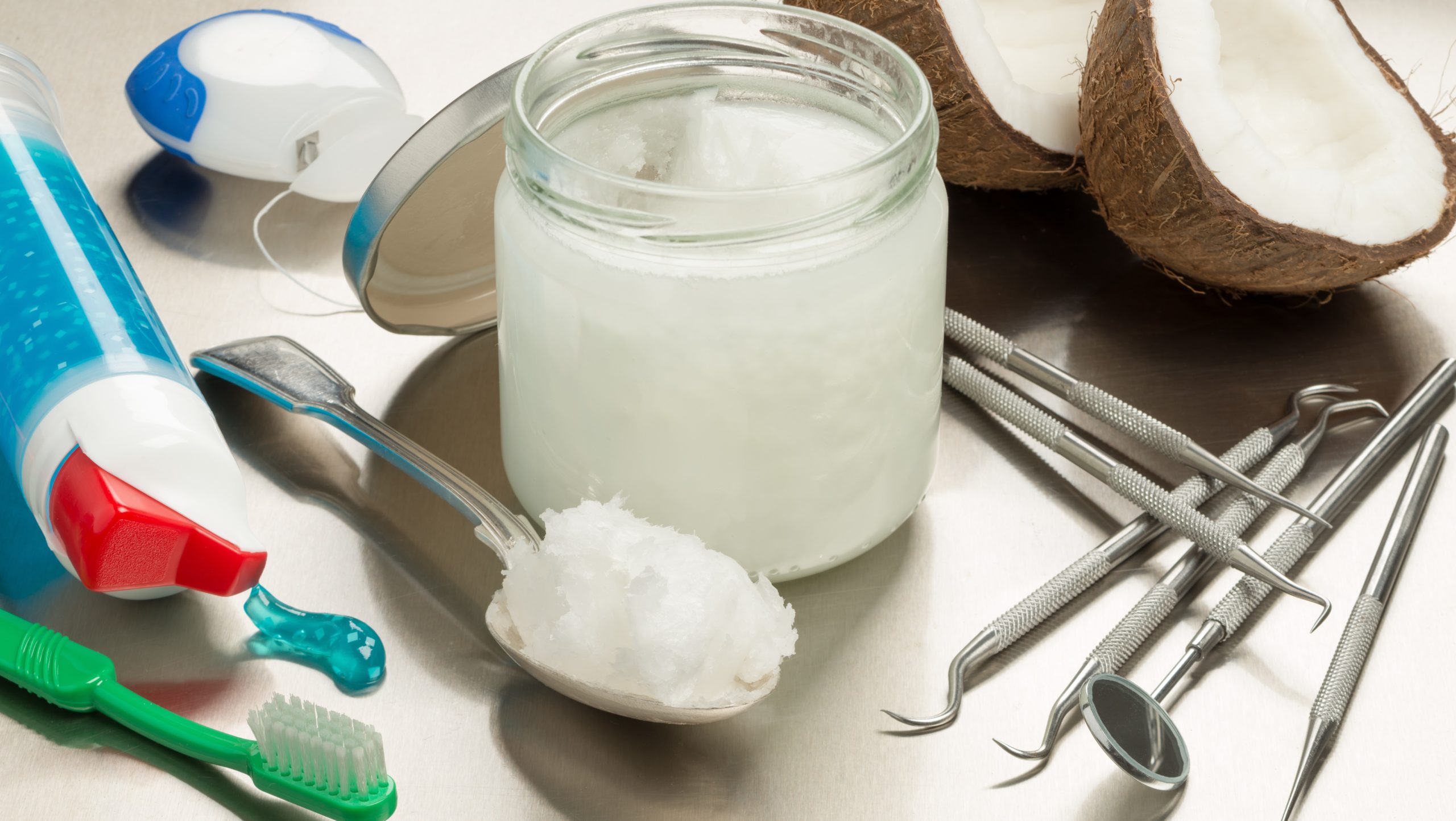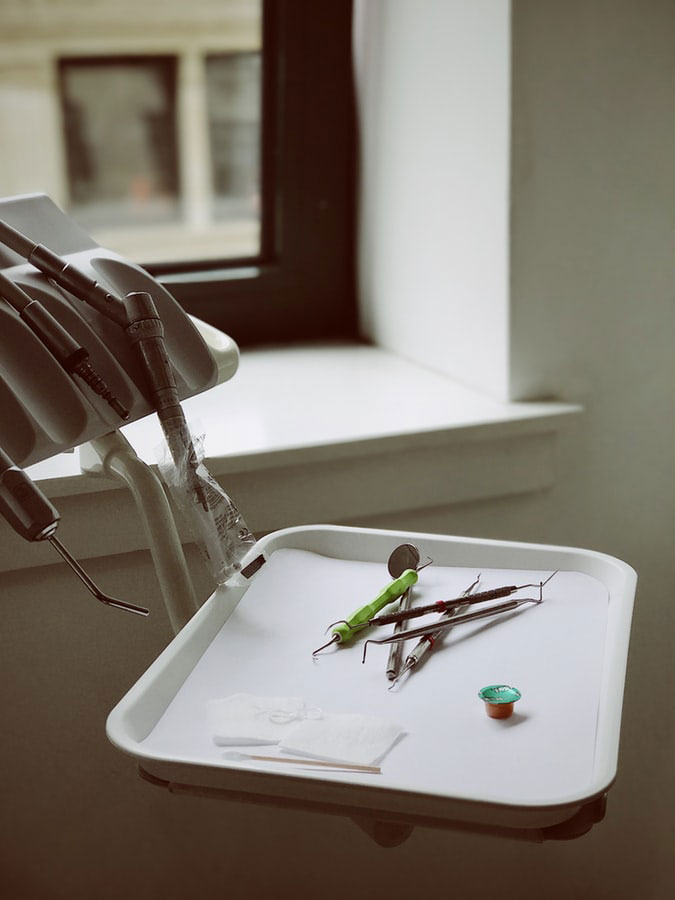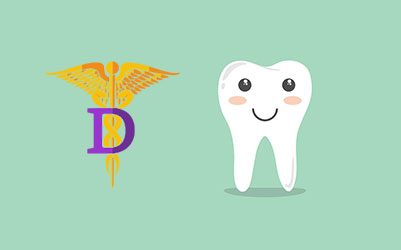Can Decayed Teeth Be Fixed?
 Can decayed teeth be fixed? First let’s discuss tooth decay briefly. Tooth decay is a process that happens over time. Untreated tooth decay will become cavities. There are hundreds of different kinds of bacteria in the mouth, which you can read more about in this article. In terms of treatment, fluoride is the best defense against tooth decay, and because many of us drink bottled water today, we are not getting enough fluoride in our diet.
Can decayed teeth be fixed? First let’s discuss tooth decay briefly. Tooth decay is a process that happens over time. Untreated tooth decay will become cavities. There are hundreds of different kinds of bacteria in the mouth, which you can read more about in this article. In terms of treatment, fluoride is the best defense against tooth decay, and because many of us drink bottled water today, we are not getting enough fluoride in our diet.
The number one thing you should remember is that treatment cannot wait if you have tooth decay. It can take some time for tooth decay to deteriorate the teeth and cause further problems, and if left untreated, it starts getting expensive day by day.
The Causes of Tooth Decay
There is a multitude of reasons that you might have tooth decay. Plaque causes tooth decay. The spaces between teeth, areas around former fillings (especially with cracked and chipped fillings), the grooves and cracks in the teeth, and the areas close to the gum line are where plaque builds up. Prevention is almost always the answer to how can a rotten tooth be fixed.
Here is a look at the leading causes of tooth decay:
- Poor oral hygiene is to blame for most tooth decay. Plaque begins to build up when you do not brush as often as you should.
- Constant dry mouth can also lead to an increase in tooth decay. Saliva helps to wash away bacteria in the mouth and can prevent plaque.
- Eating carbohydrates can lead to tooth decay as there are natural bacteria in the mouth that transforms to acid when it mixes with the carbohydrates you eat.
- There are many medical problems, including exposure to medications and treatments that can lead to tooth decay.
- Eating and drinking sugary foods, foods that are high in acid, and alcohol can all cause the teeth to accumulate more plaque.
- Plaque forms on the teeth and builds up over time when not removed, which leads to tooth decay. Regular dental appointments and cleanings will reduce the risks associated with plaque build-up.
Preventing Tooth Decay
Here are the things you need to know to prevent and remedy tooth decay.
- Fluoride – Fluoride treatments are becoming necessary as many individuals prefer bottled water to tap water.
- Avoiding Certain Foods and Drinks – Avoiding foods and drinks that are highly acidic, high in carbohydrates, or contain sugars can help reduce the chance of tooth decay.
- Brushing Regularly – Brushing your teeth is an essential step in preventing tooth decay and plaque build-up. You should brush when you wake up, before going to bed, and after eating or drinking foods with acid or sugar.
- Regular Dental Exams – Regular dental exams are the best defense against tooth decay.
People Also Ask:
How Much Does It Cost to Fix Decayed Teeth?
Dental treatments are relatively affordable if caught early and answer the question can decayed teeth be fixed. The longer decayed teeth go without treatment, the more advanced the treatment becomes; consequently, the cost dramatically increases.
What Happens If Tooth Decay is Left Untreated?
Tooth decay can be expensive to fix, so many go without treating dental issues unless they become too painful to manage. The best way to know how a decayed tooth can be saved is through proper treatment. This can lead to further damage, including painful tooth abscesses that occur after untreated cavities form infections in teeth.
How Can I Remove Tooth Decay Myself?
Decaying teeth have cavities, which are small holes in the teeth. While there is not a way to fix cavities on your own, there are many ways that you can remove plaque or slow the rate of decay, which include:
- Oil Pulling – This is merely using coconut oil to swish or pull through your teeth.
- No Phytic Acid – Studies conducted as long ago as the 1930s have shown a connection between phytic acid (often found in legumes and cereals) and cavities.
- Skip the Sugar – Skipping sugary drinks and foods is one way to avoid further issues with teeth. After eating sugar, always rinse your mouth with water.
- Chew Sugar-Free Gum – After meals where brushing your teeth is not convenient, chew sugar-free gum as it helps to remove the bacteria on your teeth after eating.
- Increase Vitamin D – Eating higher vitamin D foods will make your teeth stronger and reduce the risk of cavities.
- Try Aloe Vera – Aloe vera naturally fights against the bacteria that cause tooth decay. Today aloe vera tooth gels are available, but the most potent form is straight from the plant.

Can Decayed Teeth Be Whitened?
It is possible to whiten decayed teeth. Before you can whiten your teeth, you should have all cavities fixed. Whitening with cavities can cause sensitivity or pain. The dentist’s office is the place to go for tooth whitening, and a change that is five to eight shades whiter is possible.
It is essential to know that yes is the answer to: can decayed teeth be fixed. One of the best dentists in the Tucson area is Dr. Dalesandro, who has the experience you want to help you with your dental problems; call today for your next appointment.


